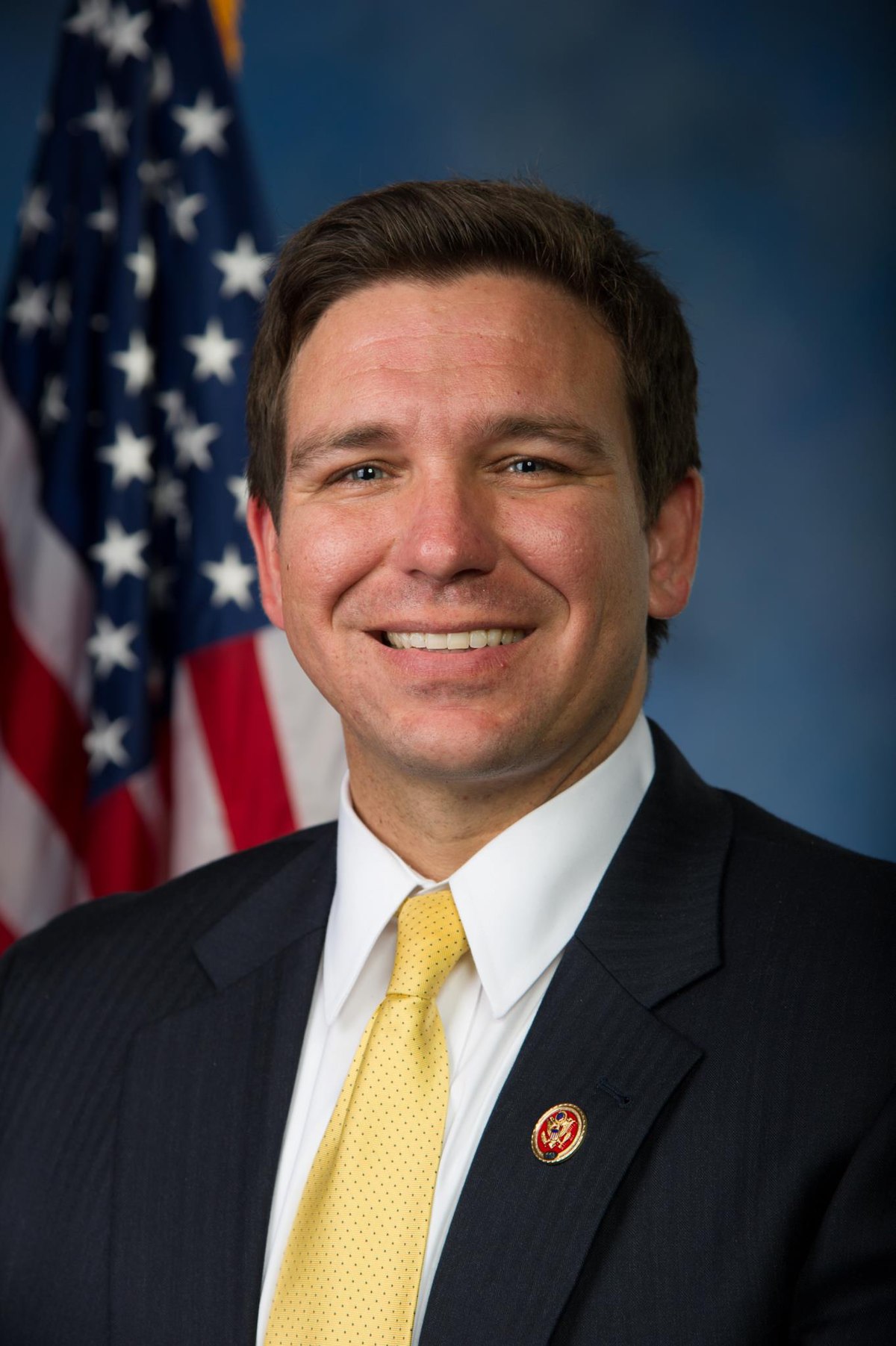
The language in Gov. Ron DeSantis’ statewide stay-at-home order issued last week indicated senior citizens aren’t allowed to leave their home — even to buy groceries. But after some clarification from Tallahassee, it appears that the elderly may still go outside for the same “essential activities” that the general public is allowed to pursue.
Executive order 90-21, which establishes the 30-day shutdown, contains a provision stating that “Senior citizens and individuals with a significant underlying medical condition (such as chronic lung disease, moderate-to-severe asthma, serious heart conditions, immunocompromised status, cancer, diabetes, severe obesity, renal failure and liver disease) shall stay at home and take all measures to limit the risk of exposure to COVID-19.”
Unlike the provision dealing with the general public, this one does not provide exemptions for essential services or activities. Several attorneys were saying the language seemed to point-blank order seniors — defined in Florida as 60 and above — to remain indoors, period.
“I think that’s the most interesting language in the order,” County Attorney Joel Foreman said Wednesday, when the order was signed. “It says ‘shall not leave their home’ — so the governor is ordering all of our senior citizens and anyone with those conditions to stay at home.”
Several of the state’s major media outlets reported on the confusing word choice and the ramifications it would have for Florida’s elderly.
On Friday, the governor’s office clarified with a list of answers for frequently asked questions.
“Q: May senior citizens and individuals with significant medical conditions leave their homes to go to the grocery store or pharmacy, or go for a walk, or go to work at an essential service? How do I know what qualifies as an essential activity?”
“A: Yes - they may leave their homes when necessary to obtain or provide essential services or conduct essential activities.”
Buying groceries, visiting the doctor, caring for a friend or family member and filling up on gas are all considered essential activities. Hunting, fishing and similar outdoor recreational activities are also deemed essential, provided social distancing guidelines are obeyed.
Church services are also essential activities, departing from the shelter-in-place orders adopted by other states.
In addition to essential activities, the governor’s order also refers to essential services. The order essential commercial and government services based on a sweeping list compiled by the U.S. Department of Homeland Security and a measure enacted in Miami-Dade County.
All businesses are encouraged to provide delivery, carry-out or curbside services.
Stores like Walmart and Publix are considered essential, as are banks, accounting firms, gas stations, dry cleaner, hotels and funeral homes, just to name a few.
Farmer workers, power company employees and truck drivers are included, as well.
The list of essential employees goes on and on far beyond those examples.
Recreation-based businesses such as bowling alleys and skating rinks are not considered essential.
